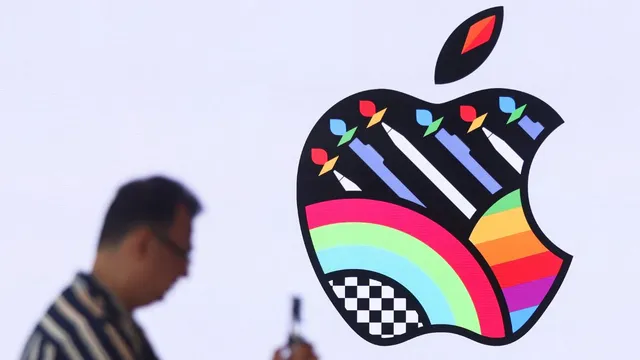- By Alex David
- Fri, 09 May 2025 04:52 PM (IST)
- Source:JND
A new bill introduced in the United States could mark a major shift for iPhone users and Apple’s long-standing control over its app ecosystem. Lawmakers are pushing legislation that would force Apple to allow third-party app stores on its devices, a move that could break the company's monopoly over app distribution and open doors for increased competition and consumer choice. The proposed bill is part of ongoing efforts to address concerns around antitrust practices and give users more freedom over how and where they download apps. If passed, the law could significantly change the way iOS works and impact Apple’s business model, which heavily relies on its tightly controlled App Store. Developers and users alike are watching closely for updates.
US congresswoman Barbara Lee has proposed legislation that could force Apple to allow users to install third-party app stores within US borders. Her goal is to stop companies from forcing developers into their payment systems or penalising them for sharing apps; any companies breaking these rules could face fines from the FTC of up to $1 Million per violation.
Apple to allow Third-Party App Stores
In less than a week, Apple received a harsh ruling from a US federal judge, forcing it to stop collecting off-App Store commissions immediately. Now it appears that their problems may soon be over, as one US lawmaker has introduced legislation which may force Apple to allow users to install third-party app stores within US borders.
Representative Kat Cammack of Florida introduced legislation known as the App Store Freedom Act [PDF], designed to “promote competition and protect consumers and developers in the mobile app marketplace”. While not singling out any particular company specifically, this bill targets large app store operators with over 100 million US users – which does include the Apple App Store.
If this bill passes, Apple and app stores affected would be forced to allow users to install third-party stores as their default. If this sounds familiar, that is because last year in Europe the EU mandated Apple and app stores in that region to permit sideloading apps and third-party app stores.
The bill doesn’t just target Apple, but it may also prohibit Google from “forcing app developers to use the company’s in-app payment system, imposing pricing parity requirements, and punishing developers for distributing their apps elsewhere”. Apple has already revised its App Store guidelines following last week’s US court ruling. This allows developers to add external payment solutions and links for their apps.
With this bill in effect, Apple and Google must give developers equal access to interfaces, features, development tools, and development platform without cost or discrimination. Furthermore, users will have an option to remove or hide preinstalled apps as The Verge has noted; violations could incur penalties from the Federal Trade Commission up to $1 Million civil penalty per violation.

